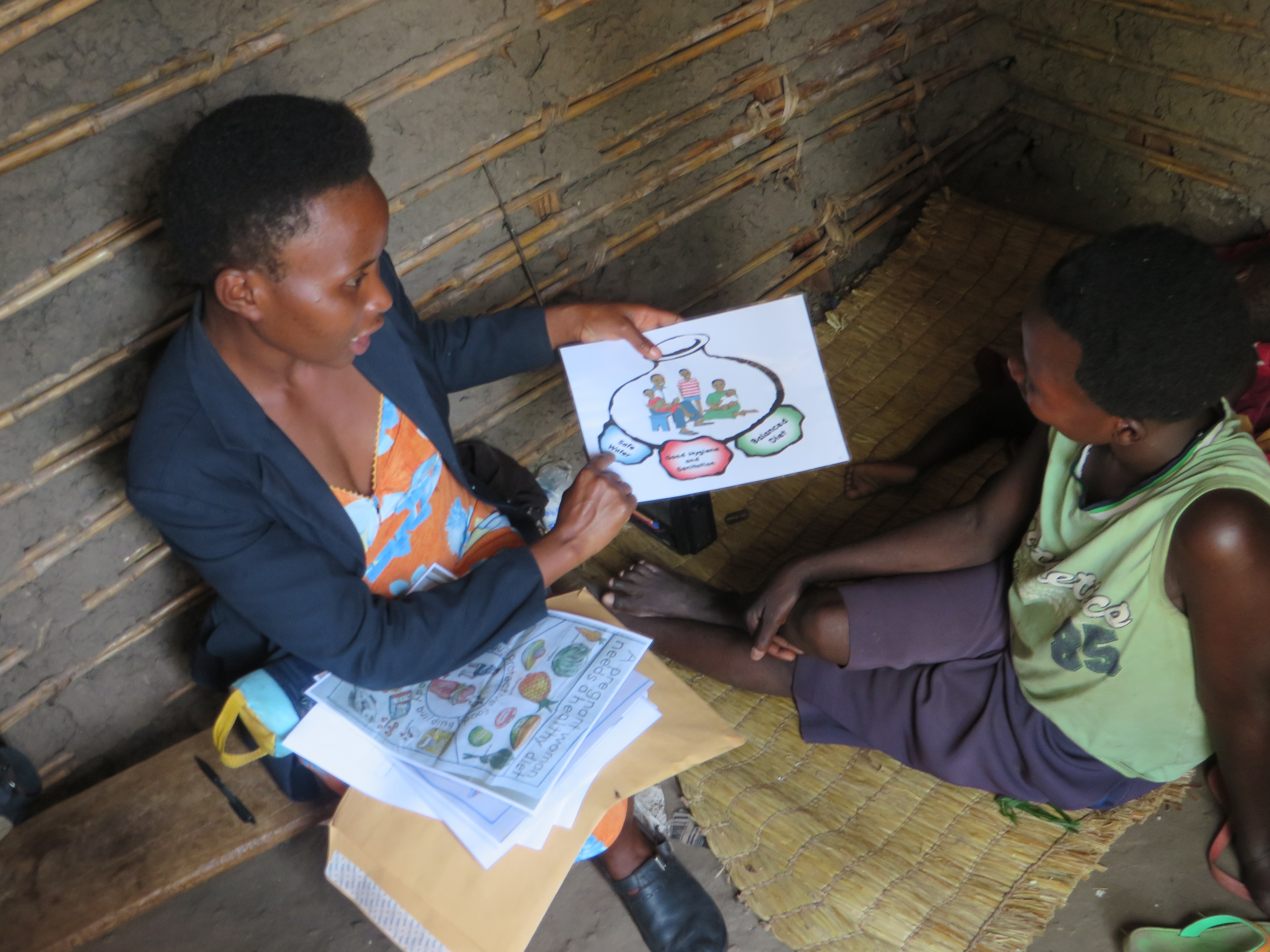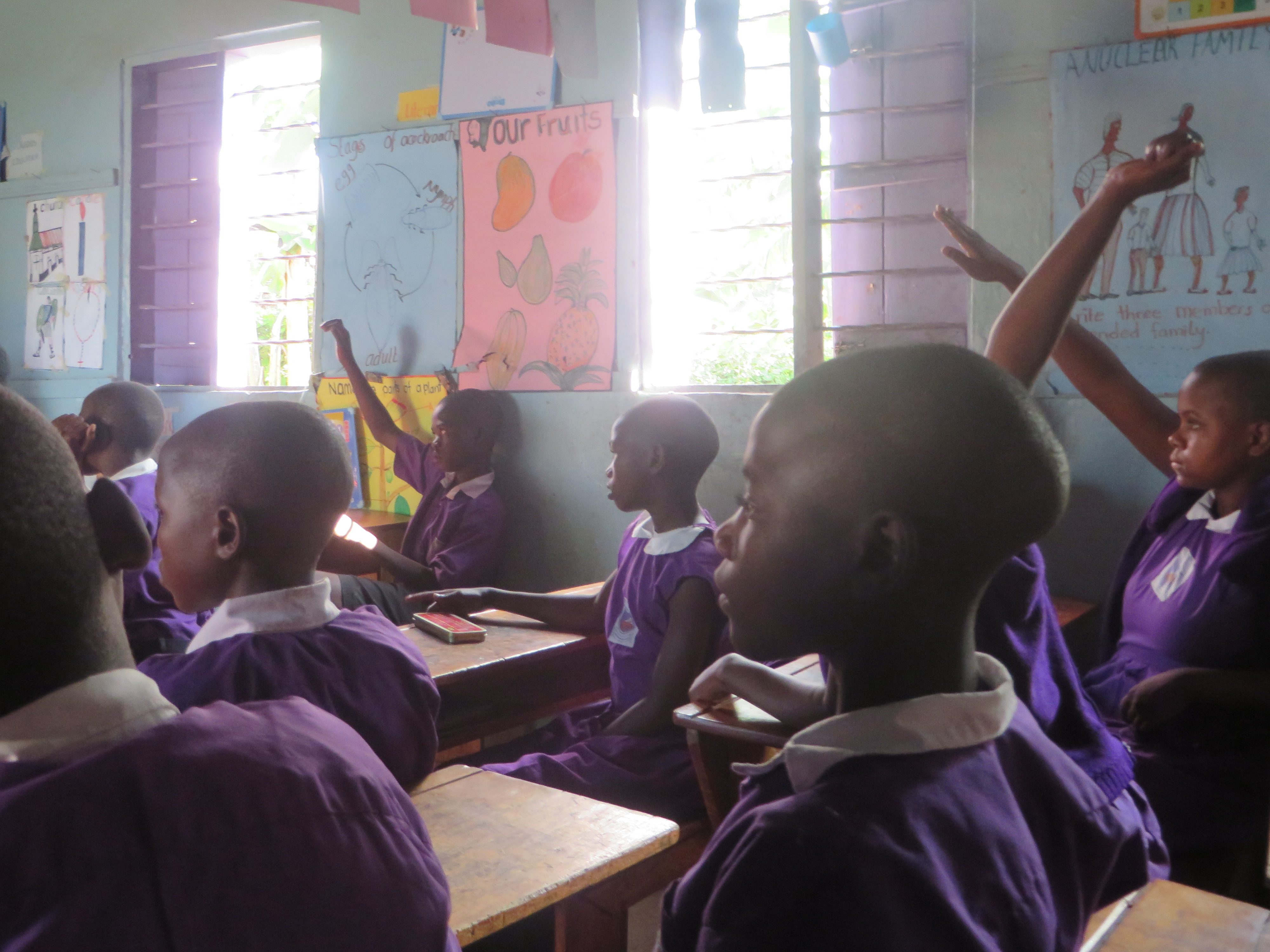Global Health Corps is an organization that promotes health equity for all. What does it mean to be well? How does one not contract a disease? Is health just the absence of disease or does it mean more than that? The World Health Organization goes a step further and defines health as “a state of complete physical, mental and social well-being and not merely the absence of disease or infirmity.” The WHO definition includes many aspects of one’s well being in order to be a healthy person, and rightfully so.
Take the example of Tukahirwa Alice. She is a 54 year old widow. She lives in a small village called Nyakageyzi in southwestern Uganda. In her village, there are few people with access to power or running water. She is a subsistence farmer growing bananas, beans, sweet potatoes and a few other crops to feed her family. She lives in a mud hut and uses a pit latrine. Many of her children have died and she is left caring for 4 of her grandchildren. On top of that she is HIV positive and needs to take ARV’s (antiretroviral) treatment to slow the progression of HIV.
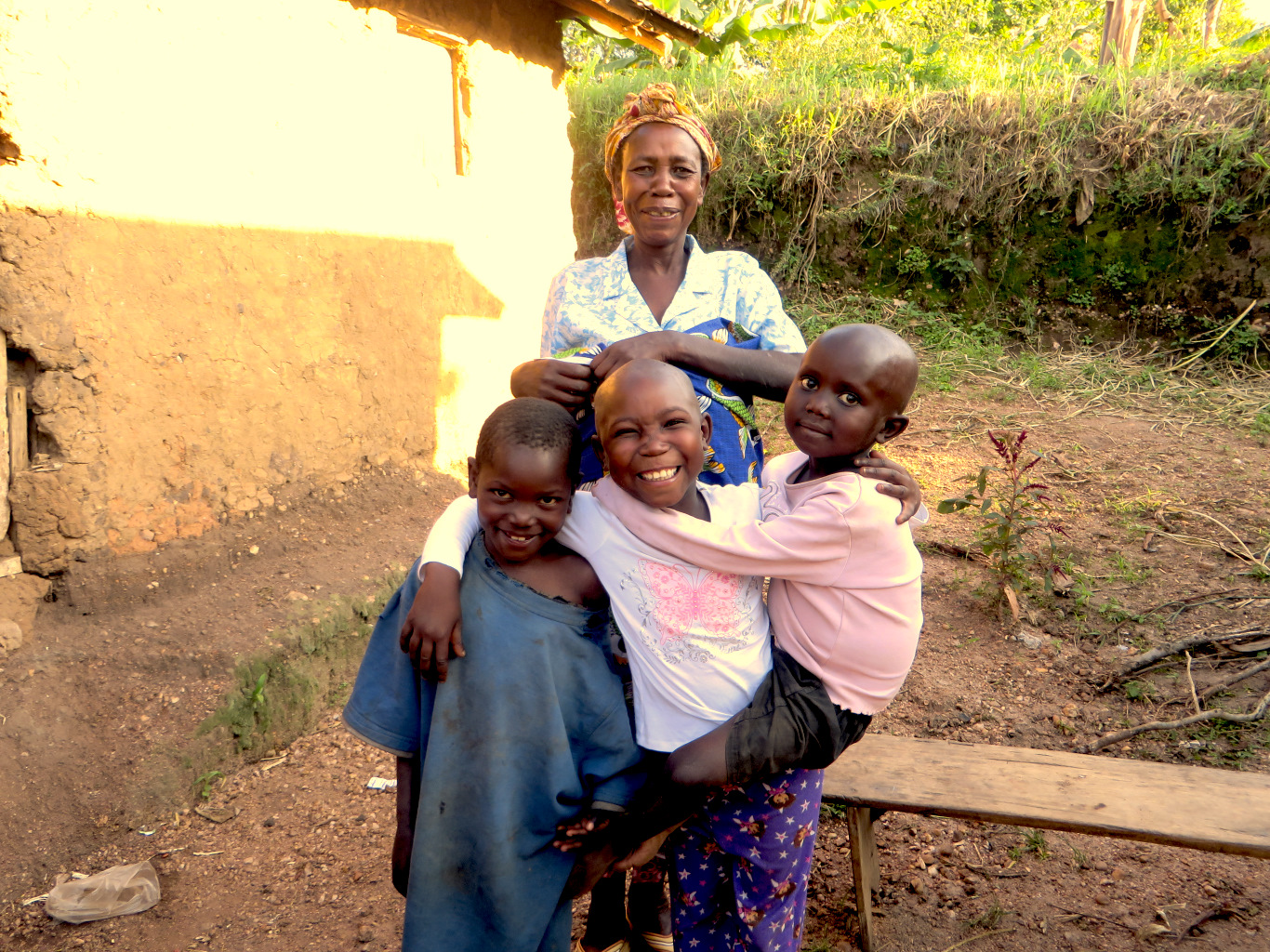
This story is not uncommon for this area of Uganda and other parts of the world. So how do we provide grandmothers like Alice with the tools and ability to create a more healthy life? That is where Nyaka AIDS Orphans Project comes in.
Nyaka believes that it is important to provide a holistic approach to development. The organization believes that in order to create a healthier, thriving community we can’t just focus on education or health care or sanitation or any one aspect alone. The approach must be integrated. Fixing one problem won’t raise a community up out of poverty. We need to continue to address all factors that challenge people from living a healthy and fulfilling life.
Since I am a fellow at Global Health Corps, I am particularly interested in making sure that ones health does not stop someone from living the life they want to live. In order to improve someone’s health that person needs access to health care, but not just any health care, quality health care. The individual must be able to access health services and also receive drugs. These basic services must be affordable and available to every person regardless of their income and where they live. Access to doctors, nurses, dentists and medicine though, does not ensure that a person is healthy.
In order to be healthy we all need a safe places to stay. Some place where we don’t fear the roof or walls of the house collapsing. We also need a clean place where the surroundings are free from tall grass, garbage and feces. We need a place to go to the bathroom and a place to bathe. We need a place where there is room for all family members to sleep inside. We need to have a house within a sanitary environment to live in order to prevent diseases in the first place.
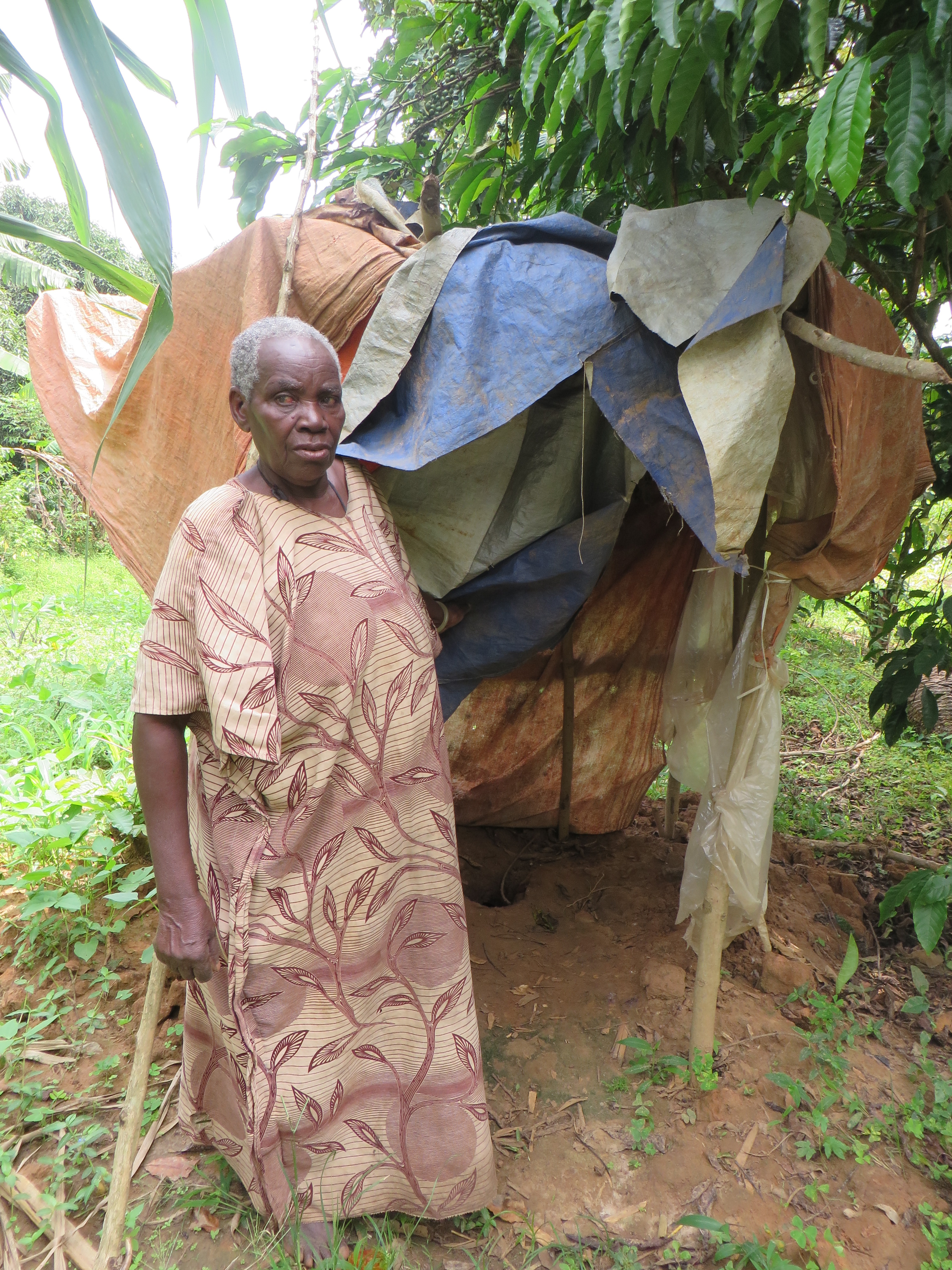
We also need water. But not just any water, we need water free from parasites and bacteria. We need water that does not cause diarrhea when drunk. We need safe and clean drinking water. The same goes for food. We need food that is cooked properly so that we don’t get sick from eating it. We all need to eat. We can’t just eat boiled plantains everyday with a spoonful of beans. We need a variety of foods like mangoes, green vegetables, chicken, milk, nuts, tomatoes, milk, and onions. We need to eat foods that will help boost our immune system and keep our bodies healthy and strong. We all need this, whether we are 2 months old or a 102 year old.
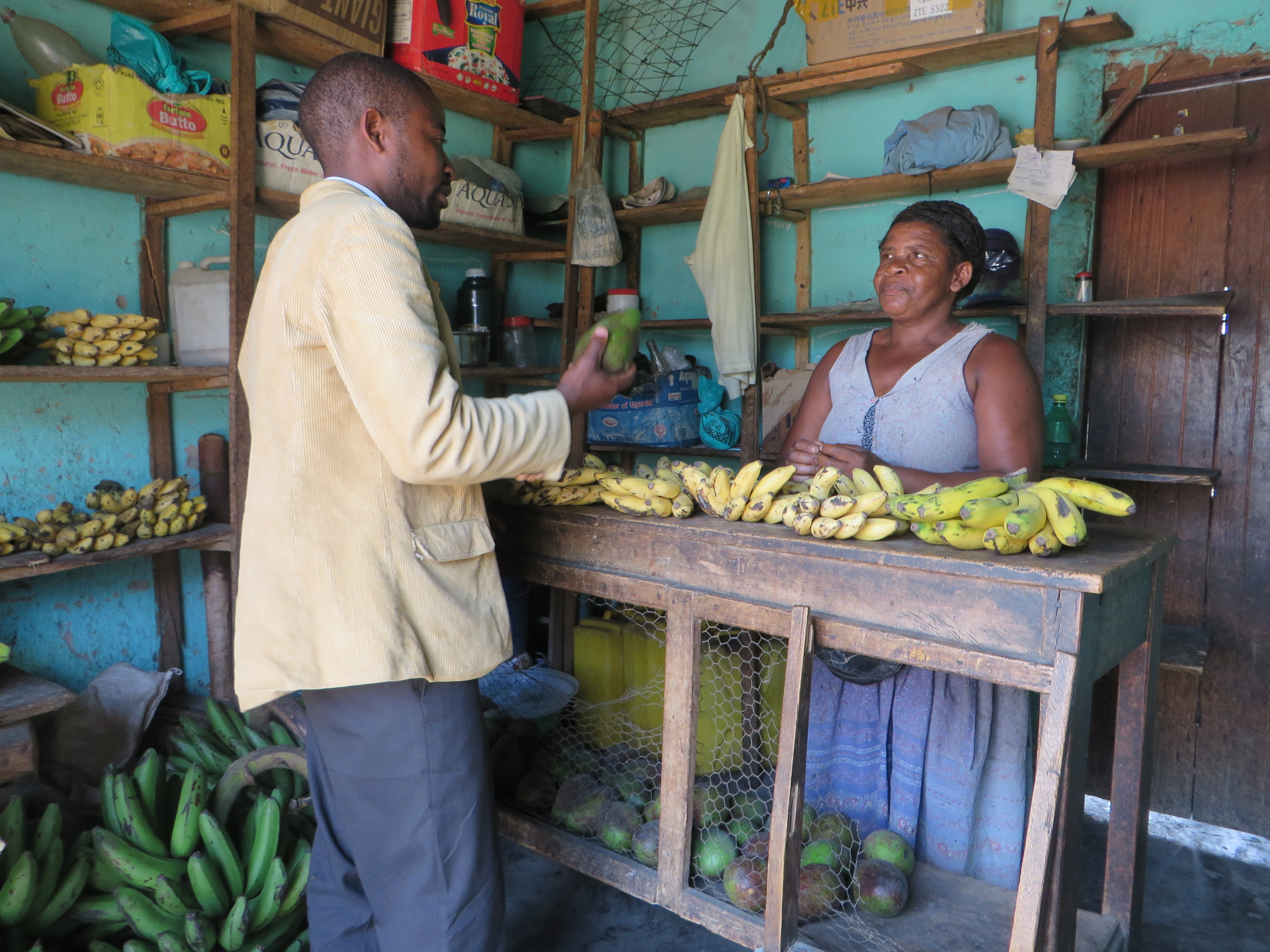
We need education. We need to provide children with the ability to attend school. To learn, to gain a better understanding of the world and to be given a chance to succeed. We need to teach guardians how to keep there children healthy and how to keep themselves healthy. We need to teach pregnant women how to take care of themselves before, during and after birth. We need to teach farmers how to produce food more efficiently. Knowledge truly is power.
We need something to hope for. We need to make sure that grandmothers and grandfathers have something to live for. We need to make sure that children have the ability to go to school and dream of being a teacher or pilot or doctor. We need people to have something to look forward to, to strive for. We need people to believe in the ability of making a difference and creating a better future.
Perhaps, the most important thing that we need is each other. We need friends and family. We need support and the feeling that we belong somewhere. We need someone to help us take care of our children, cook and clean when we are too sick to get out of bed. We sometimes just need someone to complain to. We need someone to celebrate with us during happy times and someone to lean on when the going gets tough. These interactions can influence our physical, mental and social health. We all need human interaction.
There are many things that we need to be healthy which brings me back to Alice and the work that the Nyaka AIDS Foundation does. Before Alice joined a grandmother group affiliated with Nyaka, Alice was struggling. She could not afford the services and drugs offered at the nearest government hospital; her pit latrine and kitchen were in rough shape. She struggled to pay the school fees for the children she was caring for; her HIV was affecting her life.
Alice became involved with the Granny group, where grandmothers take advantage of micro-finance loans and are able to discuss challenges they are having in their life and provide each other with solutions. This support from other grandmothers with experience with similar problems caring for orphans is a great way to spread knowledge and make that one another know that they are not alone. Nyaka also provides new houses, kitchens and pit latrines to grandmothers. Within these groups grandmothers determine who is in the greatest need of one of these structures. Alice was chosen due to the dilapidated state of her own facilities. The knowledge that she now doesn’t have to worry about these structures falling down thus reducing some of the stress she feels.
Alice also utilizes the Nyaka clinic for free healthcare and medications. She no longer has to worry about having enough money to pay for health services and drugs. She also attends health talks to learn how to better care for her family. Her use of the clinic has reduced her burden of living with HIV, in fact she now looks strong and healthy while talking her ARVs and accessing the services at the clinic.
Alice’s daughter and granddaughter receive sponsorships from Nyaka to attend secondary and primary school, respectively. The students receive two balanced meals a day. The knowledge that she has given her family a chance for a better future is one that she says is keeping her alive.
Nyaka enables individuals to provide a better life for themselves, while securing a better future for their children by providing a holistic approach to health. Imagine if this success could be replicated for all of those women who were living like Alice. By providing individuals and communities with programs and services addressing not one challenge, but many that affect their health we could transform communities. After all, many different things impact health.


